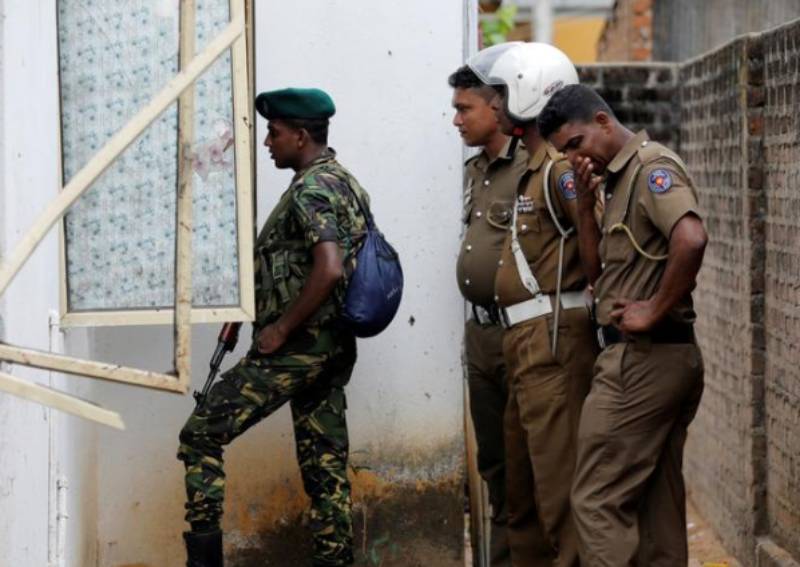×
The Standard e-Paper
Fearless, Trusted News

A gun battle between troops and suspected Islamist militants on Sri Lanka’s east coast left 15 dead, including six children, a military spokesman said on Saturday, six days after suicide bombers killed more than 250 people on the island.
The shootout at a safe house erupted on Friday in Sainthamaruthu in Ampara district, to the south of the Sri Lankan town of Batticaloa, site of one of the Easter Sunday blasts which have been claimed by Islamic State.